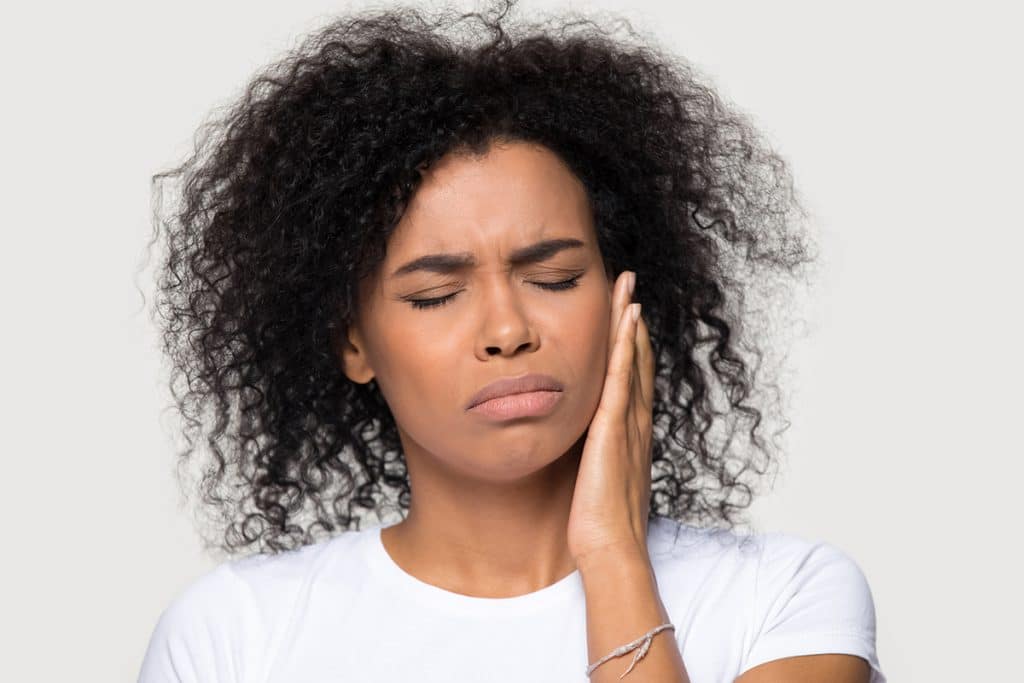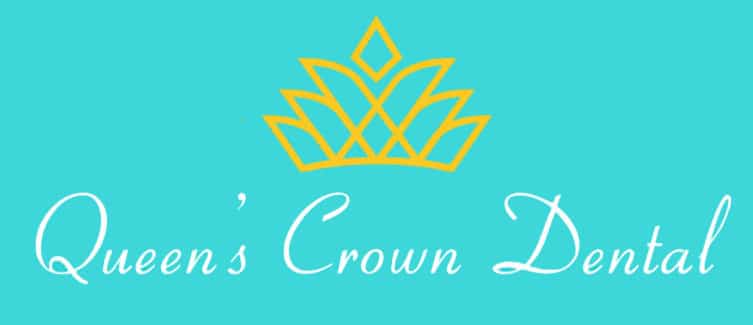How Do You Know If You Have TMJ Disorder or Something Else?

TMJ disorder and related conditions can cause discomfort that interferes with your quality of life. If you have pain in your jaws, face, or ears, or if your jaw clicks or grinds when you chew or open your mouth, you might suspect that you have TMJ. However, TMJ is not the only condition that can cause these symptoms.
This blog will explain the symptoms and causes of TMJ, discuss some conditions that could overlap with the disorder, and offer treatment options.
Defining TMJ
TMJ stands for the temporomandibular joint. It is a compound joint that works like a hinge and ball and socket simultaneously. You have two temporomandibular joints, one at each side of your jaw. When the jaw joints are stressed, you may develop TMJ symptoms.
Causes of TMJ
While TMJ is a common disorder, the causes are not always clear. Arthritis in the temporomandibular joint is a major cause. The disc inside the joint may also degenerate or develop problems due to injury.
Overusing the muscles in the face and jaw can lead to TMJ. Physicians and dentists believe that stress may be a contributing factor in developing TMJ. The unconscious habits that many stressed people practice (jaw clenching, teeth grinding, etc.) may worsen TMJ symptoms.
Despite popular belief, there is little to no evidence that a poor dental bite or orthodontic braces cause TMJ. An altered bite can be a symptom, however.
Symptoms of TMJ
The TMJ sits near a major facial nerve, meaning that pain originating in this joint can easily spread throughout the face, neck, and upper back.
Other symptoms include:
- Pain in the jaw joint
- Pain in chewing muscles
- Pain that travels to the neck or face
- Stiffness in the jaw
- Altered dental bite
- Grating, popping, or clicking noises from the jaw joint accompanied by pain
You most likely do not have TMJ disorder if your jaw clicks or pops without pain. Popping and clicking noises coming from the jaw are not harmful on their own.
Conditions That Can Mimic TMJ
Since TMJ can cause such widespread pain, patients may easily confuse it with other conditions. A dentist or physician can give you a definitive diagnosis and plan appropriate treatments.
- Chronic Sinus Conditions: Sinus problems can cause pain in some of the same locations as TMJ, but the pain accompanies sinus pressure and a stuffy nose.
- Trigeminal Neuralgia: This nerve disorder can cause severe headaches similar to those caused by TMJ.
- Giant Cell Arteritis: Jaw pain, facial pain, and headaches are common to both disorders, but people with giant cell arteritis (GCA) tend to have more pain when chewing and are less likely to have facial pain. GCA is a potentially serious condition that could cause heart attack and stroke.
Treatment of TMJ
When it comes to TMJ treatment, less is more. Most dentists and physicians recommend non-invasive or supportive treatments whenever possible, reserving more aggressive treatments for severe cases that resist frontline approaches.
Intraoral Appliances
Dentists can prescribe custom oral appliances to keep your jaw properly aligned. Mouthguards can contain the force of clenching and grinding your teeth.
Behavioral Changes
Try to reduce habits that may cause a flare-up, including biting nails, chewing hard objects, clenching your jaw, or chewing gum.
In addition to physical changes, behavioral health care may also help with TMJ symptoms. In particular, cognitive behavioral therapy helps to reduce stress responses. Biofeedback may also benefit you.
Physical Therapy
Physical therapy can teach you exercises to relax your jaw muscles and improve circulation. Physical therapists can also instruct you in how to massage your jaw muscles to relieve discomfort.
Medications
Muscle relaxants can help some patients, as can prescription or over-the-counter pain medications.
Supportive Treatments
At-home treatments can be helpful in relieving TMJ symptoms. Eat soft foods while you are experiencing a TMJ flare-up. Use warm and cold compresses to alleviate discomfort and help tense muscles relax.
Surgery
Joint surgery may be necessary to alleviate severe cases of TMJ. Surgery is reserved for worst-case scenarios.
Call Queens Crown Dental
TMJ can cause great discomfort, but you don't have to live with the pain. If you have experienced symptoms that could be TMJ, please call our Honolulu office at 808-526-2800 . We can help to diagnose your issue and provide appropriate treatment.


